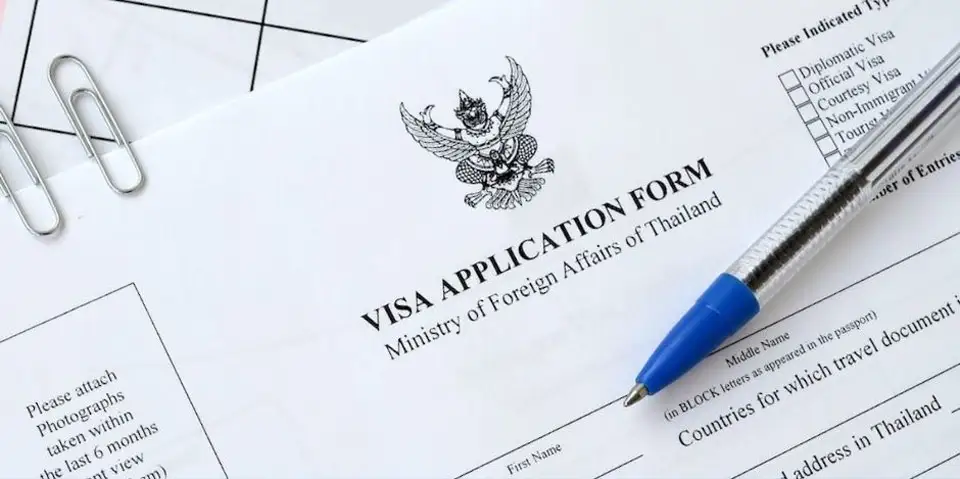Child adoption in Thailand is governed by a structured legal framework designed to protect the rights of the child, ensure compatibility between adoptive parents and adoptees, and prevent exploitation or trafficking. Whether pursued by Thai nationals or foreign residents, adoption in Thailand is a judicial and administrative process, involving multiple agencies, strict qualifications, and often, significant time investment.
This article examines the legal basis, adoption types, eligibility, procedural steps, intercountry conventions, and post-adoption legal consequences in Thailand, offering clarity for prospective adoptive parents and professionals advising on child welfare.
1. Legal Framework
Child adoption in Thailand is regulated primarily under two legal instruments:
-
Child Adoption Act B.E. 2522 (1979)
-
Civil and Commercial Code (CCC), Sections 1598/19 to 1598/43
The central authority overseeing adoption is the Department of Children and Youth (DCY), under the Ministry of Social Development and Human Security (MSDHS). The DCY functions as Thailand’s Central Authority for intercountry adoption under the Hague Convention on Protection of Children and Co-operation in Respect of Intercountry Adoption (1993), to which Thailand is a party.
2. Types of Adoption
Thailand recognizes two main categories of adoption:
A. Domestic Adoption
Involves Thai citizens adopting a Thai child. The process is conducted within Thailand and is handled by the Child Adoption Center (CAC) under the DCY or through licensed private child welfare organizations (CWOs).
B. Intercountry Adoption
Involves foreign nationals or Thai nationals residing abroad adopting a Thai child. This is conducted in accordance with the Hague Convention and typically requires coordination between the Thai government and a foreign accredited adoption agency.
3. Legal Requirements for Adoptive Parents
A. Domestic Adoption (Thai nationals or foreign residents in Thailand)
-
Must be at least 25 years old
-
Must be at least 15 years older than the adoptee
-
Must be physically and mentally fit
-
Must have legal capacity
-
Foreigners must have resided in Thailand for at least six months and hold a valid non-tourist visa
-
Must undergo a home study evaluation by social workers
B. Intercountry Adoption
For foreign nationals living abroad:
-
Must adopt through an authorized adoption agency in their country of residence
-
Must meet both Thai adoption requirements and those of their home country
-
Must pass a home study assessment approved by authorities in both countries
-
Must demonstrate adequate financial, emotional, and moral capability
-
Must obtain pre-approval from the DCY before being matched with a child
4. Consent of the Birth Parents
Under Thai law, adoption requires the informed consent of the biological parents or legal guardian. Consent must be given freely and in writing before a Thai official or consular officer. However, consent may be waived by the court in the following situations:
-
The child is abandoned or has no known parents
-
The biological parents are legally incapacitated
-
The parents have been deprived of parental rights
-
The child has been in the care of a state agency for a specified period
Consent is also required from the child being adopted, if they are over 15 years of age.
5. Role of the Department of Children and Youth (DCY)
The DCY serves as the regulatory, coordinating, and judicial liaison body for both domestic and intercountry adoptions. Its responsibilities include:
-
Vetting adoptive applicants
-
Conducting and approving home studies
-
Matching children with suitable families
-
Coordinating with embassies and foreign authorities
-
Managing the six-month pre-adoption placement period
-
Issuing letters of approval for adoption finalization
No private adoptions are allowed without the supervision or approval of the DCY or an authorized CWO.
6. Procedural Steps
A. Domestic Adoption Process
-
Application Submission to DCY or licensed CWO
-
Document Review & Interview (including criminal background checks)
-
Home Study Report conducted by a licensed social worker
-
Matching with a Child based on suitability
-
Pre-adoption Placement (six months under supervision)
-
Submission to Court for final approval
-
Issuance of Adoption Certificate upon court order
B. Intercountry Adoption Process
-
Submit Application via foreign accredited agency to Thai DCY
-
Foreign Agency Provides Home Study & Background Checks
-
DCY Reviews & Approves Eligibility
-
Matching with Thai Child
-
Letter of Approval & Child’s Immigration Clearance
-
Child Travels to Adoptive Country for Placement
-
Finalization of Adoption in Adoptive Country or Thai Embassy
7. Judicial Approval and Court Process
Although the DCY and CWOs handle the majority of the administrative process, final adoption approval must be granted by the Thai family court. The court will:
-
Confirm that the adoption is in the best interests of the child
-
Review documentation and home study reports
-
Ensure that no undue influence or coercion was involved
Upon court approval, an adoption certificate (Kor Ror. 14) is issued, which is then recorded at the local district office (Amphur). This legalizes the parent-child relationship under Thai law.
8. Legal Effects of Adoption
Once an adoption is finalized under Thai law:
-
The child becomes the legal child of the adoptive parents
-
All parental rights and obligations transfer to the adoptive parents
-
The child gains the right to inherit from adoptive parents under Thai succession law
-
The adopted child takes the surname of the adoptive parent unless otherwise specified
-
Any prior rights from the biological parents cease unless explicitly retained by court order
Note: In Thailand, adoption does not automatically grant Thai nationality to a foreign child or foreign parent. Nationality acquisition is a separate process.
9. Challenges and Legal Safeguards
Common Challenges:
-
Lengthy process (often exceeding 12–18 months)
-
Complex paperwork, especially for intercountry cases
-
Cultural and language barriers in consent and home studies
-
Dual compliance with Thai and foreign legal systems
-
Lack of post-adoption support services in rural areas
Legal Safeguards:
-
Strict vetting procedures for adoptive parents
-
Anti-trafficking protocols under the Hague Convention
-
Court supervision to protect against exploitation or coercion
-
Ongoing post-placement monitoring reports (especially in international cases)
10. Post-Adoption Reporting and Follow-Up
For intercountry adoptions, adoptive parents are typically required to submit progress reports to the DCY at 6-month intervals for up to two years. These reports, often prepared by social workers in the adoptive country, assess:
-
Integration of the child
-
Emotional and physical development
-
Adaptation to new environment
-
Continued suitability of the home
Failure to comply may affect future applications or raise red flags in bilateral adoption cooperation.
11. Conclusion
Child adoption in Thailand is a carefully regulated process anchored in the child’s best interests, legal safeguards, and alignment with international standards. While the pathway is administratively demanding, it ultimately serves to protect vulnerable children and ensure that adoptive families are capable, responsible, and committed.
Whether pursued domestically or across borders, adoption is a legally binding and life-changing process that requires transparency, patience, and legal compliance at every stage. All parties—adoptive parents, birth families, government agencies, and social workers—play a critical role in upholding the dignity and welfare of the child.
For prospective adopters, the assistance of a licensed family lawyer or accredited adoption agency is strongly recommended to ensure adherence to Thai legal procedures and to avoid missteps that could result in delays or denials.










